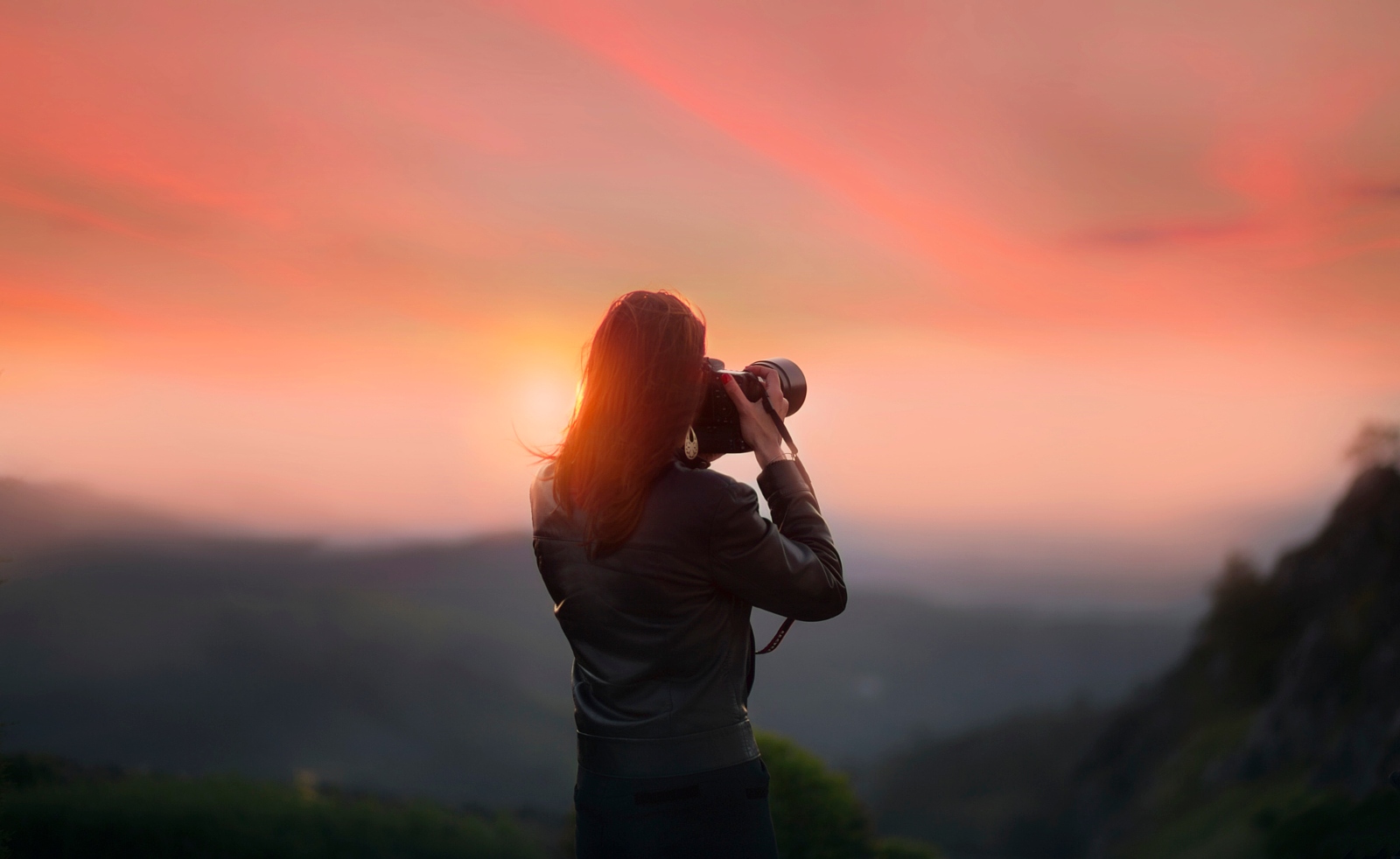
Plateau? We’ve all hit one at one point or another. Perfecting and improving your art is something you should always be working on as a photographer, but sometimes it can feel like a never ending journey.
Don't forget, it’s not always about working harder, it can be about working smarter. You don’t need to over-analyse or execute extremely tricky concepts in order to improve, sometimes a small change in your approach can make all the difference to your images. Here are a few things that you can do right now and see improvements to your images almost instantly.
1. Compose properly
Composition tends to be the difference between a good and a great shot. When you take a shot and think: ‘something just isn’t quite right here’, it’s usually down to the basic composition of your image. Keep in mind the ‘golden rules’ - adhering to these can be the key to turn your good shot into a great shot. Try to use some of the classic composition techniques such as the rule of thirds, symmetrical composition, rule of odds or leading lines in order to instantly boost your image game - they’re known as the classics for a reason. although breaking the rules can be fantastic, sticking to them can create striking results.
2. Practice
Consistently shooting is the best way to improve quickly. Putting your brain into 'photographer mode' for an hour or so a day makes you get used to looking for photographic opportunities and exercises your creative skills. Keep pushing yourself out of your comfort zone with new subjects and locations to test your abilities.
3. Turn off burst mode
Shooting everything on burst mode will eventually produce a good shot thanks to chance, but that may be one shot in hundreds. Results this way tend to be more down to luck than your skills as a photographer - don’t cheat yourself and stop leaving your shots up to chance. Stop, slow down, take your time, cherish each image and think carefully before you press the shutter. It may be a good idea to limit yourself to one shot at a time, or a certain number in a day. This will make you think about each shot and analyse your technique.
4. Minimise your gear
Use as little gear as possible in order to figure out how to best shoot the image itself, rather grappling with lots of equipment. It’s easy to get hung up about having the best camera, or perfect lens, or most useful accessory. In truth, all you really need is a good eye and a well-thought out shot. Take away your distractions as a photographer and strip it back to the bare essentials in order to focus on what matters the most. Another advantage to shooting with minimal gear is that you will become so familiar with your set up, you'll be able to accurately envisage images before you take them. For example, if you always shoot with an 85mm lens, you'll be able to see that focal length in your mind and be able to plan your shots far more accurately.
5. Find a community
Feedback from peers can offer a fresh perspective on your work and help you to spot flaws that you may have completely missed yourself. Critiquing others work can also give you lots of fresh inspiration and help you to expand your creative ideals and look at your own work in an alternative way.
. digitalrev.com2017-8-4 03:00










